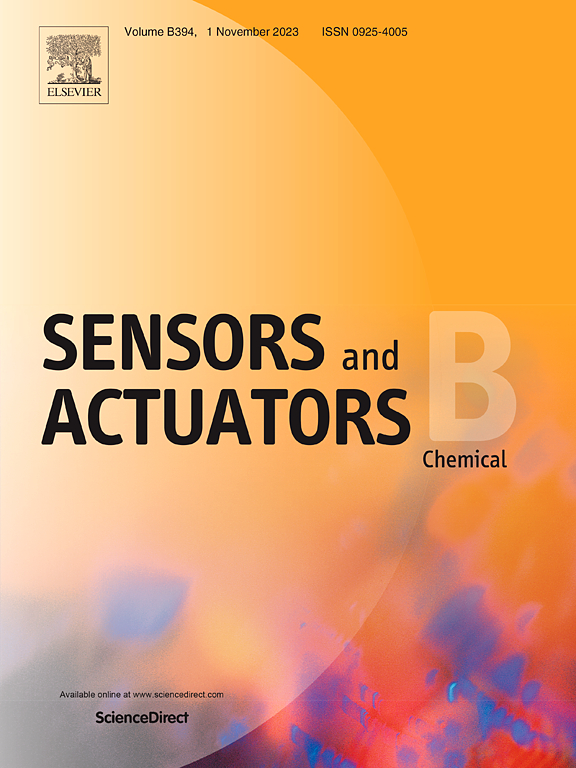Surface plasmon-coupled Ag nanosphere-internalized nanocavity arrays for ultrasensitive SERS sensing
Abstract
Surface-enhanced Raman spectroscopy (SERS) is strongly dependent on the metallic plasmonic nanostructures that can generate plasmon resonance coupling effects. Plasmonic nanostructures with sub-nanometer interparticle gaps or cavities have shown great potential in generating high local electromagnetic fields. Unfortunately, achieving precise control over the geometrical morphology of these nanostructures at the sub-nanometer scale presents significant challenges, particularly in applications where high consistency and homogeneity are required. Here, a reliable approach is proposed to construct plasmon-coupled Ag nanosphere-internalized nanocavity (SIC) arrays to enhance sensitivity and reproducibility in SERS sensing. This novel SIC nanostructure consists of a precise arrangement of Ag nanospheres located at the bottom of Au nanocavities, separated by a precisely controlled nano-Al2O3 dielectric layer. The Al2O3 dielectric layer plays a crucial role in inhibiting quantum tunneling effects at the nanogaps, thereby suppressing charge recombination and leading to strong plasmon resonance coupling. The SERS enhancement tends to significantly diminishes as the nanogap size increases from 4 to 10?nm, a spatially averaged SERS enhancement factor of 3.5*108 was obtained when the gap size is 4?nm, aligning well with the FDTD simulation results. As a representative application, an indirect detection strategy is utilized to selectively detect TNT with a high level of homogeneity and reproducibility, achieving a relative standard deviation of less than 7.8%. Together with the capability to be fabricated on a flexible polyimide substrate, the SIC substrate shows significant potential for practical applications.





